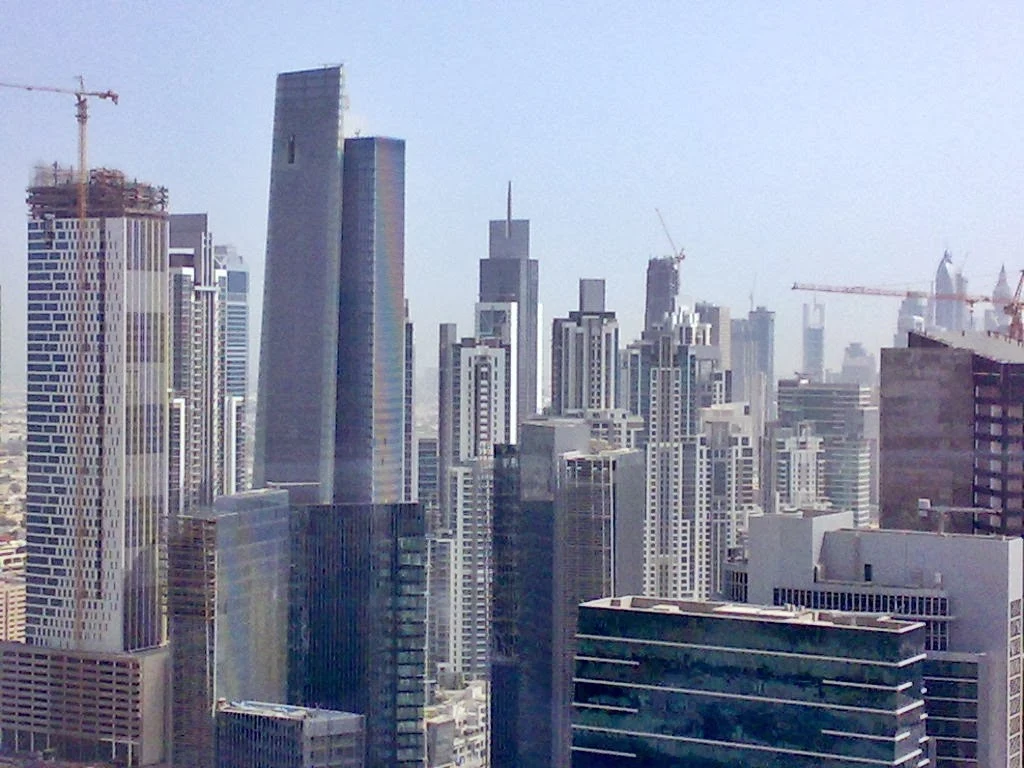Indian expats can easily travel in and out of India with gold jewellery if they follow due procedure, the Indian Consulate in Dubai has clarified.
In recent months, Indian expats have been increasingly complaining about ‘harassment’ by customs officials at Indian airports, saying they are forced to pay heavy duties or asked to leave the jewellery behind in lockers.
Under Indian Customs rules, Non Resident Indians must specifically declare gold bullion and gold jewellery exceeding the free allowance, which is capped at Rs50,000 (Dh3,125) for men and Rs100,000 (Dh6,250) for women.
But Indian women, who traditionally wear gold jewellery and visit India frequently for weddings and other occasions, say the allowance is too low. While some still manage to easily pass through customs, others say they are targeted even if they have small quantities of ornaments on them. They claim there is little clarity on what kind of jewellery is dutiable, where and how it must be declared and whether the duty is charged at every entry.
A senior consul at the Indian Consulate told there is no room for ambiguity. “The rules are simple and clearly defined in the Central Board of Excise and Customs’ Travellers Guide which is freely available online.”
He said that duty is chargeable (at about 10 per cent) only on gold jewellery purchased outside India and if it exceeds the free allowance.
He said all gold jewellery bought in India is exempt from duty if the passenger exiting the home country duly declares it and secures an export certificate at the airport customs desk.
“Once you have this export certificate for a piece of jewellery, you can bring it in or take it out any number of times without any hassle.”
He said the export certificate contains information like the passenger’s name, passport number and details of the gold like weight, description etc.
He said although customs officials at the airports do a valuation of the gold and issue the certificate on the spot, passengers are encouraged to approach them a day or two in advance to ease the rush. They can also present purchase invoices or external valuation certificates issued by government-approved jewellers to obtain the export certificate.
But what if an expat passenger from the UAE is travelling to India with undeclared jewellery bought in India earlier?
“This can be a grey area as you would need to prove to customs authorities that you have indeed purchased the gold in India,” said the consul.
He said free allowance is applicable only to pure gold jewellery. “Jewellery studded with stones does not qualify for free allowance.”
He said: “Bullion up to 1kg per person can be imported into India by paying duty of around 10 per cent. In recent days, officials have been asking for the individual’s documents, source of purchase etc to ensure he/she is not a carrier for others.”
Rate of Duty (CBEC Traveller’s Guide)
Gold bars, other than tola bars, bearing manufacturer or refiner’s engraved serial number and weight expressed in metric units or gold coins: 6 % Advalorem + 3 % cess
Gold in any other form, including tola bars and ornaments, but excluding ornaments with studded stones or pearls : 10 % Advalorem + 3 % cess
In recent months, Indian expats have been increasingly complaining about ‘harassment’ by customs officials at Indian airports, saying they are forced to pay heavy duties or asked to leave the jewellery behind in lockers.
Under Indian Customs rules, Non Resident Indians must specifically declare gold bullion and gold jewellery exceeding the free allowance, which is capped at Rs50,000 (Dh3,125) for men and Rs100,000 (Dh6,250) for women.
But Indian women, who traditionally wear gold jewellery and visit India frequently for weddings and other occasions, say the allowance is too low. While some still manage to easily pass through customs, others say they are targeted even if they have small quantities of ornaments on them. They claim there is little clarity on what kind of jewellery is dutiable, where and how it must be declared and whether the duty is charged at every entry.
A senior consul at the Indian Consulate told there is no room for ambiguity. “The rules are simple and clearly defined in the Central Board of Excise and Customs’ Travellers Guide which is freely available online.”
He said that duty is chargeable (at about 10 per cent) only on gold jewellery purchased outside India and if it exceeds the free allowance.
He said all gold jewellery bought in India is exempt from duty if the passenger exiting the home country duly declares it and secures an export certificate at the airport customs desk.
“Once you have this export certificate for a piece of jewellery, you can bring it in or take it out any number of times without any hassle.”
He said the export certificate contains information like the passenger’s name, passport number and details of the gold like weight, description etc.
He said although customs officials at the airports do a valuation of the gold and issue the certificate on the spot, passengers are encouraged to approach them a day or two in advance to ease the rush. They can also present purchase invoices or external valuation certificates issued by government-approved jewellers to obtain the export certificate.
But what if an expat passenger from the UAE is travelling to India with undeclared jewellery bought in India earlier?
“This can be a grey area as you would need to prove to customs authorities that you have indeed purchased the gold in India,” said the consul.
He said free allowance is applicable only to pure gold jewellery. “Jewellery studded with stones does not qualify for free allowance.”
He said: “Bullion up to 1kg per person can be imported into India by paying duty of around 10 per cent. In recent days, officials have been asking for the individual’s documents, source of purchase etc to ensure he/she is not a carrier for others.”
Rate of Duty (CBEC Traveller’s Guide)
Gold bars, other than tola bars, bearing manufacturer or refiner’s engraved serial number and weight expressed in metric units or gold coins: 6 % Advalorem + 3 % cess
Gold in any other form, including tola bars and ornaments, but excluding ornaments with studded stones or pearls : 10 % Advalorem + 3 % cess








